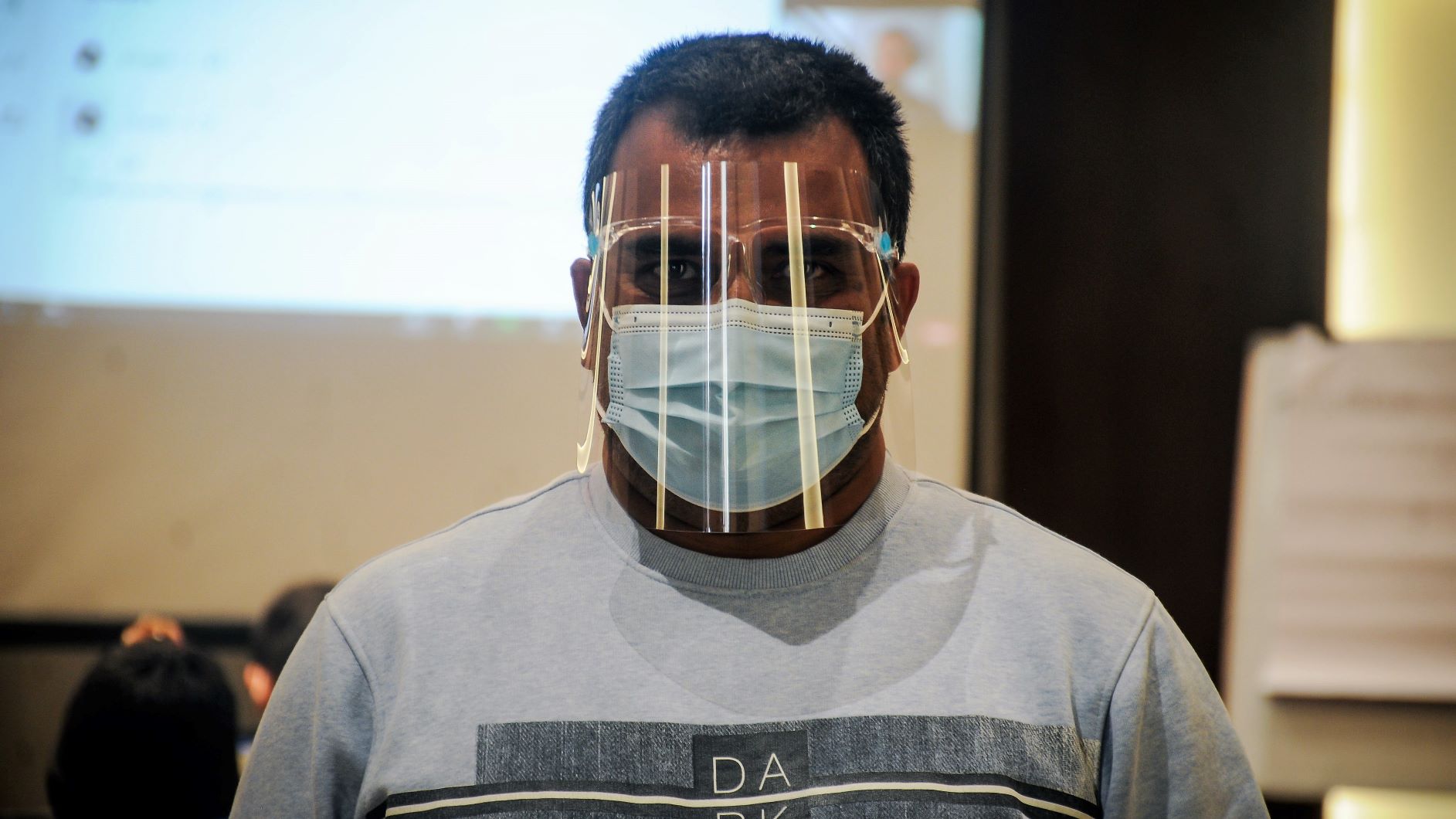Internet has been the most revolutionary convergence of communication tools. The greatest beneficial aspect of the internet as a communication tool has been the possibility for each and every person with internet access to communicate globally. Communicating to the world has never been as easy as it is now. Loads of services, also collectively known as social media, such as blogs, microblogs, photo/video sharing and social networking allow users to publish information and/or comments on available information so easily that time and again users tend to forget the bigger impact that those information or comments may have.
Blogs are at the helm of exercise of freedom of expression by the citizens. In Nepal, blogs have played crucial role in disseminating information and news during the autocratic regime in 2005. Blogs were used to spread out otherwise censored information which opened up space for people to write in support of democracy. The popularity of blogs has been growing since then; and there are thousands of blogs by Nepalis.
The best of blogs is its essence on freedom to express. However, bloggers should understand that no matter how much freedom they feel they enjoy on blogs – even with anonymous blogs, they are operating within the framework of the legal system of the country of residence and citizenship.
Legal framework
In Nepal too, there exists laws and regulations that can prosecute and/or punish bloggers for writing online. So far, so good that such case has not happened in Nepal, but with the growing impact of internet, it’s not unlikely scenario.
Within the reasonable restrictions on freedom of expression by the Interim Constitution 2007, the Defamation Act, Some Public (Crime and Punishment) Act, Copyright Act, right to privacy and the Electronic Transaction Act are some of the laws that could govern the content posted online. As Nepal is in democracy, the existence of any law or provision means either citizen have to adhere by it or change it through their representatives – the lawmakers.
There has been a few cases where people have been prosecuted/ or attempted to prosecuted under Section 47 of the Electronic Transaction Act for the content posted online. A well-known journalist spent a few months in custody after being accused of sending emails with indecent content to a co-worker; while a small city publisher-journalist narrowly escaped the prosecution under Section 47 after convincing police that the material he published online was first printed on newspaper.
Press Council & Blogs
The case that created ripples among bloggers was when the Press Council Nepal (PCN) sent a letter seeking clarification from the blogger of MySansar, the most popular Nepali blog, over an entry about the Chaudhary Group. The industrial group filed a petition with PCN over the content, and PCN decided to ask clarification despite no law or regulation giving them the rights to do so.
Chaudhary Group could have moved to the court; and it would have been a problem for the MySansar blogger to defend the case, even if he was right. It’s always a difficult part for bloggers, who operate individually, to defend the case if there are complaints about the writing.
The state has not recognized blog as media thus the bloggers cannot enjoy the privileges that a journalist may enjoy when prosecuted.
Responsibility is key to freedom
Thus, in part of bloggers, it’s most necessary to write responsibly and that they remain united in capacity of offline lobbying and support if necessary. The Section 47 of ETA is a harsh one, and I believe it contradicts with the spirit of freedom of expression, and it needs to be changed. But changing existing laws to create conducive environment and preventing for such laws being formulated, the bloggers need to show that they are not only some odd bunch of people writing irresponsibly, but those expression their opinions responsibly enjoying their rights under legal framework.
Freedom comes with responsibility and when people deny understanding the responsibility while exercising the freedom; states create laws that restrict freedom. Media that now should include blogs, in most democratic way operate under the social responsibility theory where state doesn’t control the media but the media understand their responsibility towards the society. To formalize the social responsibility, media formulate ethical standards – something that they voluntarily follow. Ethics are not strict set of legal rules; rather they are moral guidelines.
The reason behind formulating Code of Ethics for Bloggers, which was publicly endorsed by 18 bloggers a month ago, was neither to restrict the freedom nor to mainstream blogs as journalism. Neither the issuing organizations can force all bloggers to follow it nor enforce every point on it. For bloggers, it’s simply ‘follow it wholly or partially or ignore it’. It’s there for willing bloggers as a guideline to write responsibly on internet.

